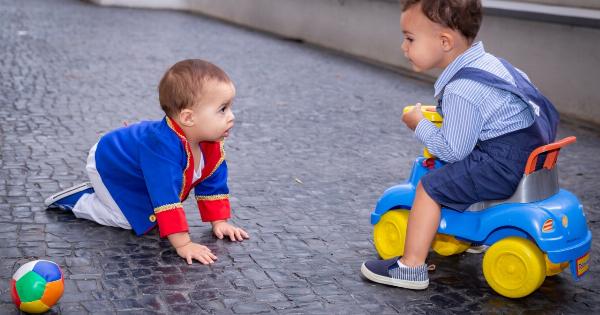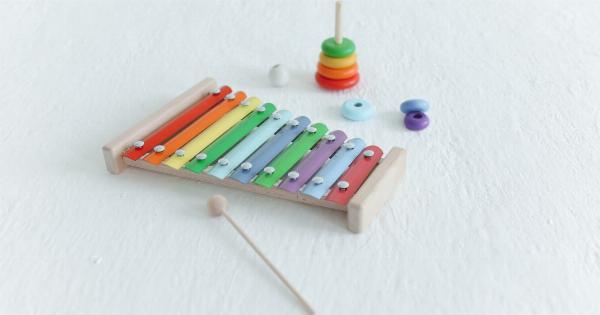Memory is a crucial aspect of human development. It is essential not only for learning but also for forming meaningful experiences and relationships.
As parents, caregivers or anyone interested in raising a child, it is natural to wonder at what age babies start to remember things.
What is Memory?
Memory is the process by which information is encoded, stored, and retrieved. Encoding involves taking in sensory information and transforming it into a form that can be stored in the brain.
Storage refers to the retention of information over time, while retrieval is the process of accessing previously stored information when needed.
There are different types of memory, such as short-term or working memory and long-term memory.
Short-term memory is responsible for holding small amounts of information for brief periods, while long-term memory involves the retention of information for extended periods.
When Does Memory Development Begin in Infants?
Memory development starts during the prenatal period, where some studies show that fetuses can remember things that happened while in the mother’s womb.
For instance, fetuses have shown to recognize stories and songs that they were exposed to before birth.
In infants, memory development is a gradual process that starts shortly after birth. Many factors influence how fast an infant’s memory develops, such as the type of experience, the frequency of exposure, and the infant’s temperament.
Short Term Memory in Infants
Short-term memory capacity grows rapidly in the first few months of a baby’s life. It is thought that infants can hold about one or two items in their short-term memory, and the capacity increases as they age.
Infants are particularly good at remembering certain types of things such as faces and voices of familiar people, smells, sounds, or experiences that repeat frequently.
For instance, if a baby hears a lullaby every time they are put to bed, the lullaby may become a cue that it is time to sleep.
Long Term Memory in Infants
Long-term memory development in infants is not fully understood, but studies suggest that they can retain memories for a short period.
Research shows that infants as young as six months can remember things they experienced weeks or even months earlier, such as a toy they played with or a face they saw.
However, long-term memory in infants is not like that of adults. The memories they retain are fragile and can be easily disrupted by changes in the environment.
For instance, if a baby’s routine changes, they may forget an experience or skill they had learned before.
Factors that Influence Memory Development in Infants
Many factors can affect how infants develop their memory skills. Some of the most important ones include:.
- Experience: Infants who experience a variety of sensory and cognitive experiences regularly are more likely to have better memory skills than those who do not.
- Repetition: Infants who experience things frequently are more likely to remember them than those who do not.
- Environment: Infants who grow up in stimulating and engaging environments are more likely to have better memory skills than those who do not.
- Attention: Infants who pay more attention to things are more likely to remember them than those who do not.
- Temperament: Some infants have a better memory than others because of their innate temperament. For instance, some babies are more easily distracted and forget things quickly than others.
When do Babies Start to Form Explicit Memories?
Explicit memories are memories that involve conscious recall, such as remembering a specific event. These types of memories are typically stored in the hippocampus, a brain structure that plays a crucial role in memory formation.
According to research, babies start to form explicit memories around 18 months old. At this age, babies can remember an event and renew the memory, meaning they can recall it later when provided with relevant cues.
For instance, if an 18-month-old child goes to the zoo, they may have a clear memory of the experience.
If asked about the visit a few days later, the child may not remember it initially but can recall it when shown a picture or reminded of certain aspects of the visit.
How Memory Development in Infancy Affects Later Development
Memory development in infancy is essential for later development, particularly for language development and learning in general.
Memory plays a significant role in learning from experience, and experiences contribute to the growth of knowledge and skills.
Infants who have better memory skills in infancy are more likely to perform better on vocabulary and language development tasks in later childhood.
Conclusion: How Early Do Babies Begin to Remember?
Babies start to develop their memory skills shortly after birth. They have a good short-term and long-term memory capacity and can retain memories for a short period.
However, the memories they retain are fragile and can be easily disrupted by changes in the environment. Explicit memory formation typically starts to develop around 18 months old, and infants who have better memory skills in infancy are more likely to perform better on language development tasks in later childhood.






























